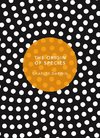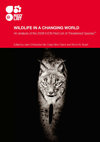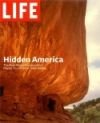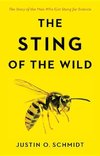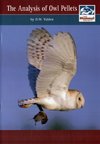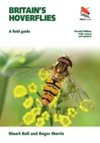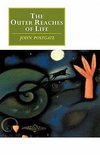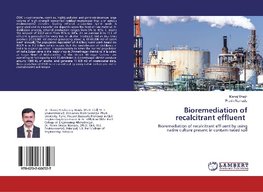
-
 Anglický jazyk
Anglický jazyk
Bioremediation of recalcitrant effluent
Autor: Manoj Wagh
DSW is cumbersome, complex, highly polluted and generate intensive large volume of high strength unwanted residual wastewater that is of serious environmental concern. During ethanol production spent wash is generated and its characteristic depends upon... Viac o knihe
Na objednávku, dodanie 2-4 týždne
50.85 €
bežná cena: 56.50 €
O knihe
DSW is cumbersome, complex, highly polluted and generate intensive large volume of high strength unwanted residual wastewater that is of serious environmental concern. During ethanol production spent wash is generated and its characteristic depends upon the feed of raw material. In distillation process, ethanol production ranges from 5% to 12%, it means the amount of DSW varies from 95% to 88%. On an average 8 to 15 L of effluent is generated for every litre of alcohol produced. Indian distilleries produce 27,00,000 m3 alcohol generating about 4, 05,00,000 m3 of spent wash annually.The population equivalent of distillery spent wash based on BOD5 is in 6.2 billion which means that the contribution of distilleries in India to organic pollution is approximately six times the current population of India.Sugar cane is the major crop in Ahmednagar district so it is called as Sugar Bowl of Maharashtra. In this district 30 sugar factories are operating at full capacity and 20 distilleries in Ahmednagar district produce around 1000 KL of alcohol and generate 11,168 m3 of wastewater daily. Biodegradation of DSW were carried out by using native culture present in contaminated soil sample.
- Vydavateľstvo: LAP LAMBERT Academic Publishing
- Rok vydania: 2020
- Formát: Paperback
- Rozmer: 220 x 150 mm
- Jazyk: Anglický jazyk
- ISBN: 9786202666527

